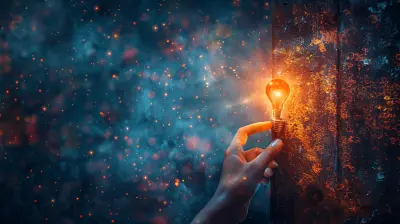Gaming Addiction: When Fun Becomes an Obsession
30 August 2025
Video games are a fantastic way to unwind after a long day, challenge our brains, and even connect with friends across the world. But what happens when casual gaming turns into an all-consuming obsession? Suddenly, late-night gaming marathons replace sleep, and in-game achievements start to feel more important than real-life responsibilities. Sounds familiar? You’re not alone.
Let's dive into the world of gaming addiction—what it is, why it happens, and how to regain control before the pause button on your real life gets stuck. 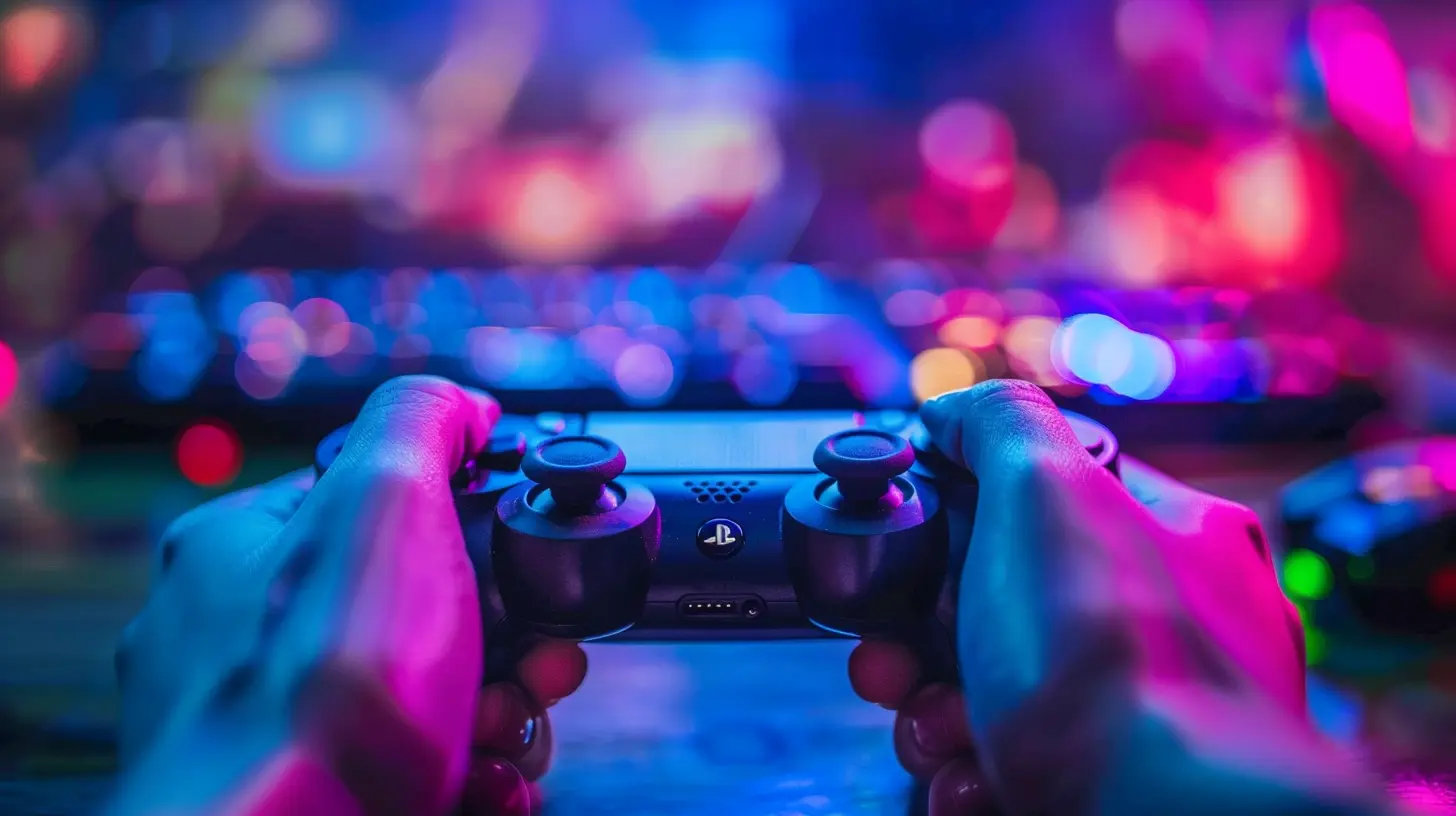
🎮 What Is Gaming Addiction?
Gaming addiction, also known as gaming disorder, is when a person starts to prioritize gaming over everything else—work, school, relationships, and even basic self-care. The World Health Organization (WHO) officially recognized it as a mental health condition in 2018.This doesn’t mean everyone who enjoys gaming has an addiction. Like enjoying a slice of cake doesn’t make you a sugar addict, playing video games isn't automatically harmful. It becomes a problem when you lose control, neglect responsibilities, and gaming starts interfering with daily life.
Key Signs of Gaming Addiction
Not sure if you or someone you know is addicted to gaming? Here are some telltale signs:- Playing for Hours on End – You tell yourself, "Just one more game," but suddenly the sun is rising.
- Neglecting Responsibilities – Homework? Work deadlines? Who cares when there’s XP to earn?
- Irritability When Not Playing – Feeling restless, anxious, or even angry when you can’t game? 🚩
- Loss of Interest in Other Activities – Hobbies, socializing, or even basic necessities like eating become secondary.
- Lying About Gaming Time – If you have to sneak in gaming sessions or lie about them, it's a red flag.
- Declining Physical Health – Eye strain, back pain, poor diet, and lack of sleep can all be side effects.
If these sound all too familiar, it might be time to hit pause and reassess your relationship with gaming. 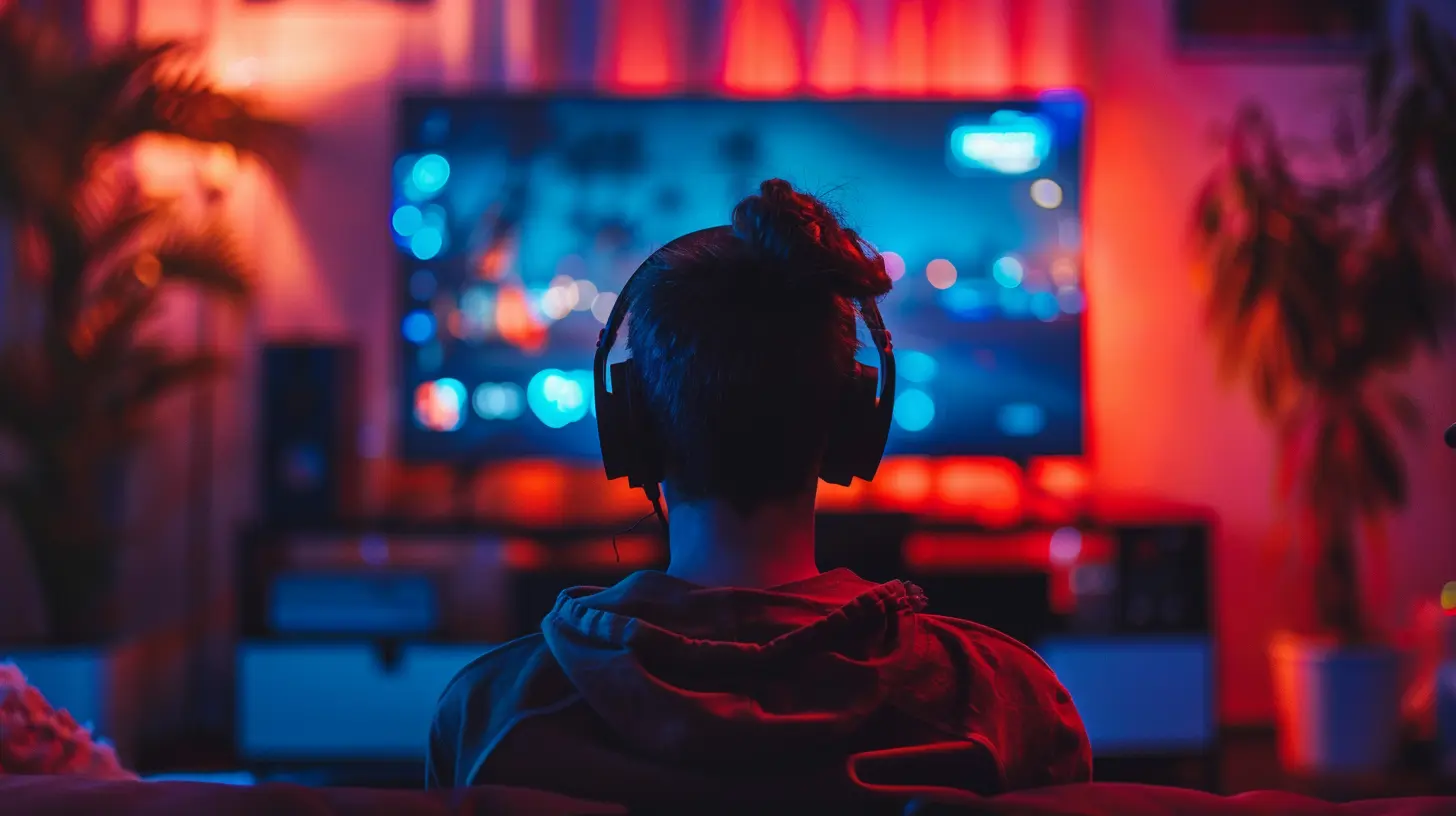
🎯 Why Is Gaming So Addictive?
You might be wondering, Why can't I just stop playing? Well, there's actually a science behind it. Video games are designed to keep you hooked. Here’s why they’re so addictive:1. The Dopamine Rush
When you level up, complete a quest, or win a match, your brain releases dopamine—the "feel-good" neurotransmitter. It’s the same chemical released when eating delicious food or getting a social media notification. The problem? Your brain starts craving more.2. Endless Achievements
Games are full of achievements, leaderboards, and unlockable content. Unlike real-life success, which takes time, video games offer instant gratification—a new skin, a higher rank, or that sword you've been grinding for.3. Social Connection
Multiplayer games make you feel part of a community. Whether you're raiding dungeons with friends or battling in a competitive arena, it provides a sense of belonging—sometimes even more so than real-life interactions.4. The "Just One More" Mentality
Ever noticed that games are structured in a way that keeps you playing? Quests, daily rewards, and ranked seasons make quitting feel like missing out. Game developers want you to stay engaged—because more playtime means more revenue.5. Escapism
Let’s be honest—real life can be tough. Gaming provides an escape from stress, school, work, and even personal problems. In a game, you're the hero, the warrior, the strategist. It makes real-world challenges feel less appealing.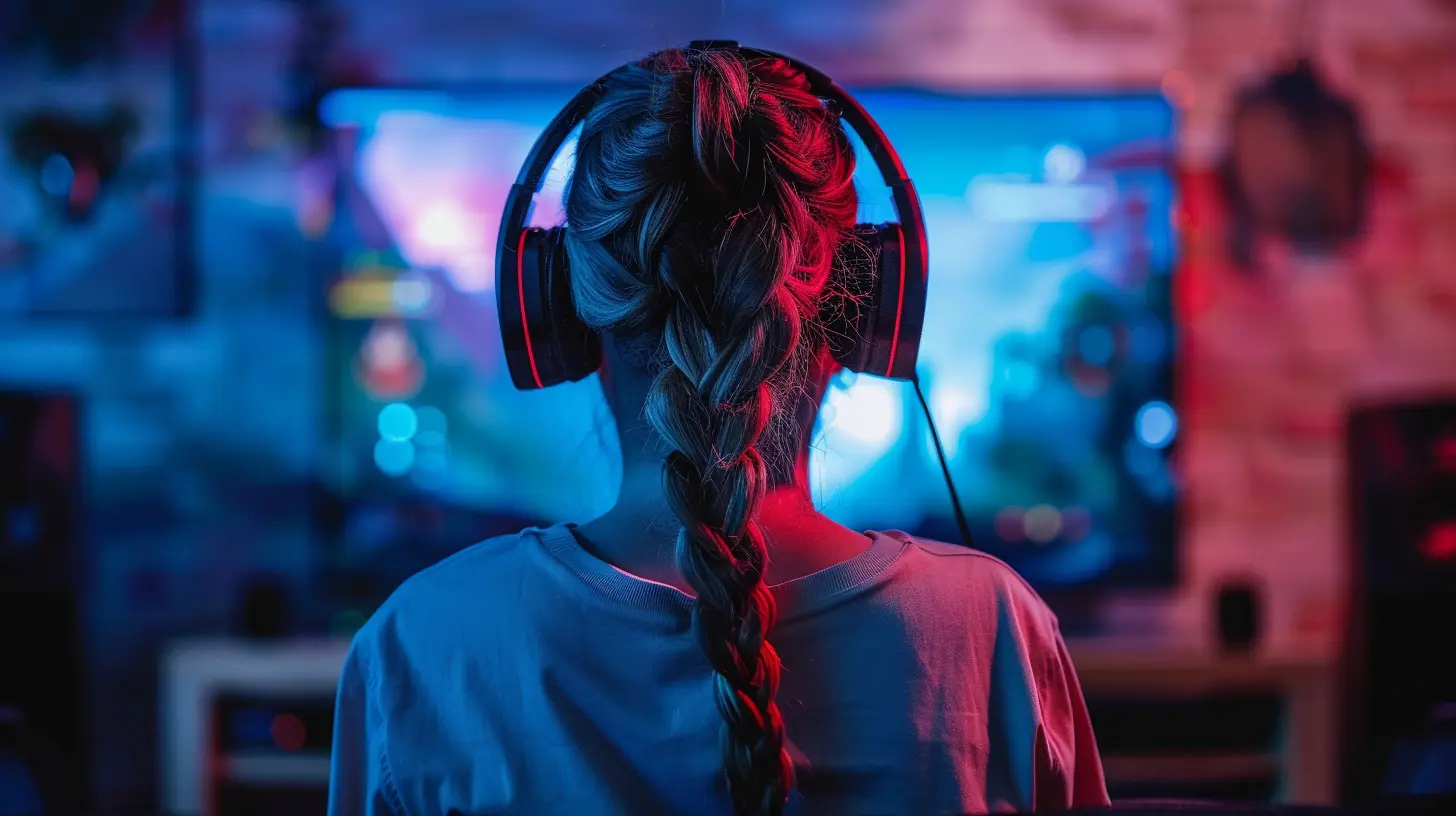
⏳ The Real-Life Consequences of Gaming Addiction
Sure, video games offer fun and entertainment, but when taken too far, they can negatively affect different aspects of life.1. Declining Mental and Physical Health
- Gaming addiction can lead to sleep deprivation, eye strain, and chronic back pain from long hours in front of the screen.- Anxiety, depression, and social withdrawal are common mental health issues linked to excessive gaming.
2. Failing Relationships
- Ignoring family, friends, and partners for gaming can seriously strain relationships.- Some gamers even face breakups or lose friendships because of their obsession.
3. Poor Academic or Job Performance
- When gaming takes priority over studies or work, grades drop, and job performance suffers.- Skipping assignments or calling in sick just to play a newly released game? 🚨 That’s a warning sign.
4. Financial Problems
- Microtransactions, loot boxes, and in-game purchases can drain your wallet before you even realize it.- Some gamers even get into debt or spend thousands on virtual items.
Gaming should be fun, not something that controls you. So, how do you break free and regain balance? 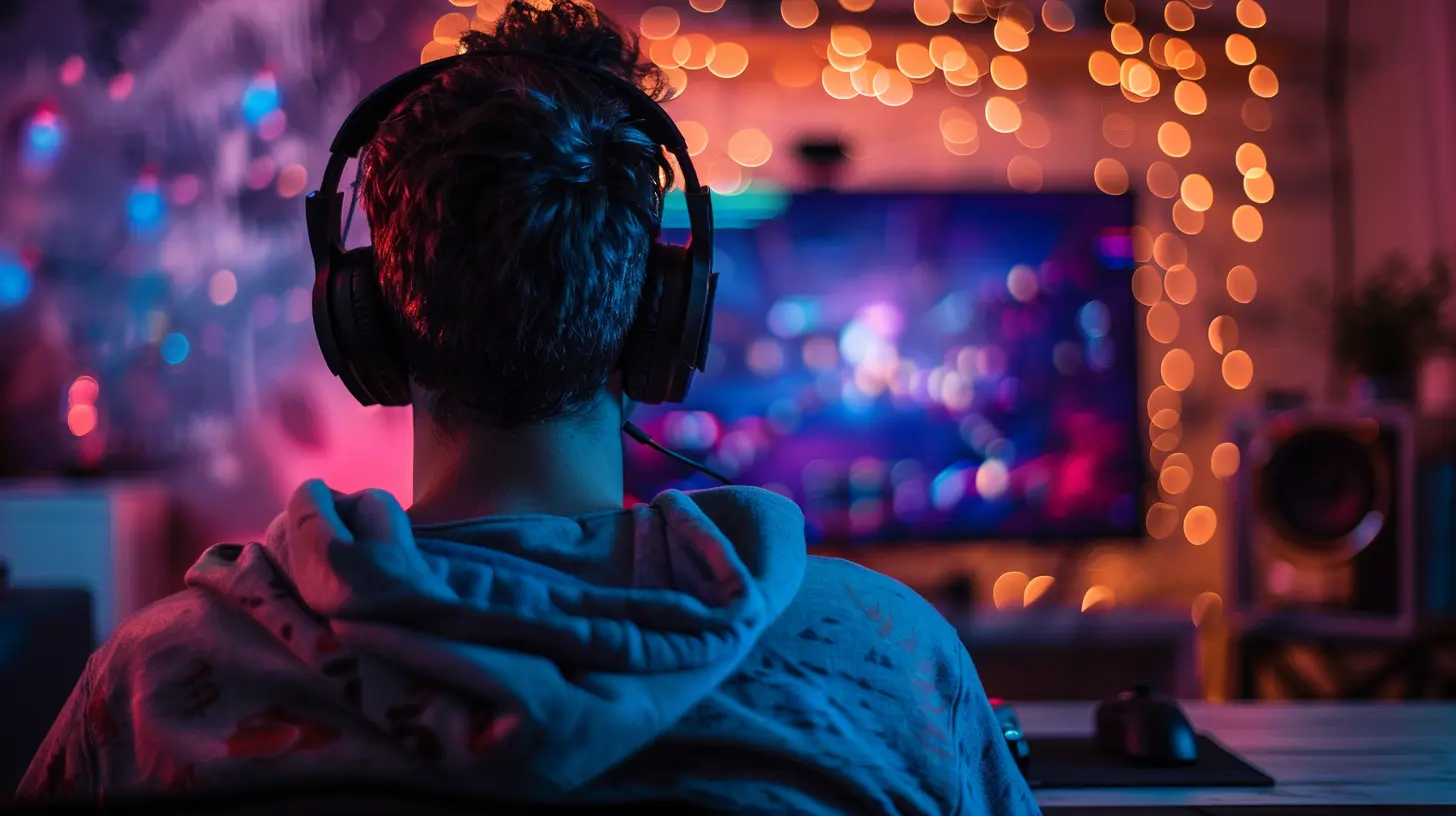
🔧 How to Overcome Gaming Addiction
Breaking free from gaming addiction doesn’t mean quitting completely (unless necessary). It’s about regaining control. Here’s how:1. Set Time Limits ⏳
Use gaming time as a reward, not a priority. Set daily limits—maybe an hour or two after finishing work or school. Some games even have built-in time management tools.2. Replace Gaming with Other Activities 🔄
Find new hobbies—sports, music, cooking, or even just reading. The goal is to rediscover other things you enjoy outside of gaming.3. Create a Healthy Routine 🏋️♂️
Get enough sleep, eat well, and exercise. Keeping your mind and body healthy makes it easier to resist gaming temptations.4. Prioritize Social Interactions 👫
Instead of gaming with online friends, schedule real-life meet-ups. Reconnect with family and old friends.5. Reduce Gaming Triggers 🚫
- Uninstall games that consume too much time- Turn off notifications that remind you to log in
- Move your gaming setup away from your bed or workspace
6. Seek Professional Help If Needed 🆘
If gaming is seriously affecting your life and you can’t control it, consider therapy. Cognitive Behavioral Therapy (CBT) is proven to help reduce gaming addiction.🎮 Gaming Should Be Fun, Not Your Whole Life
Let’s be clear—gaming is not bad. It’s an amazing way to relax, socialize, and challenge yourself. But when the fun turns into an obsession, it's essential to take a step back and regain balance.So, next time you find yourself saying, "Just one more game..."—ask yourself if it's worth sacrificing your sleep, responsibilities, and relationships. Because at the end of the day, your real-life character deserves just as much attention as your in-game avatar.
all images in this post were generated using AI tools
Category:
AddictionAuthor:

Gloria McVicar
Discussion
rate this article
1 comments
Nancy Snyder
Isn’t it funny how defeating dragons can overshadow real-life quests like laundry? Just remember: balance is key! Let’s keep gaming epic, not obsessive—unless it’s snack break quests!
September 22, 2025 at 4:15 AM

Gloria McVicar
Absolutely! Finding balance between gaming and daily tasks is essential. Enjoy the epic adventures, but don’t forget to tackle those real-life quests too!


